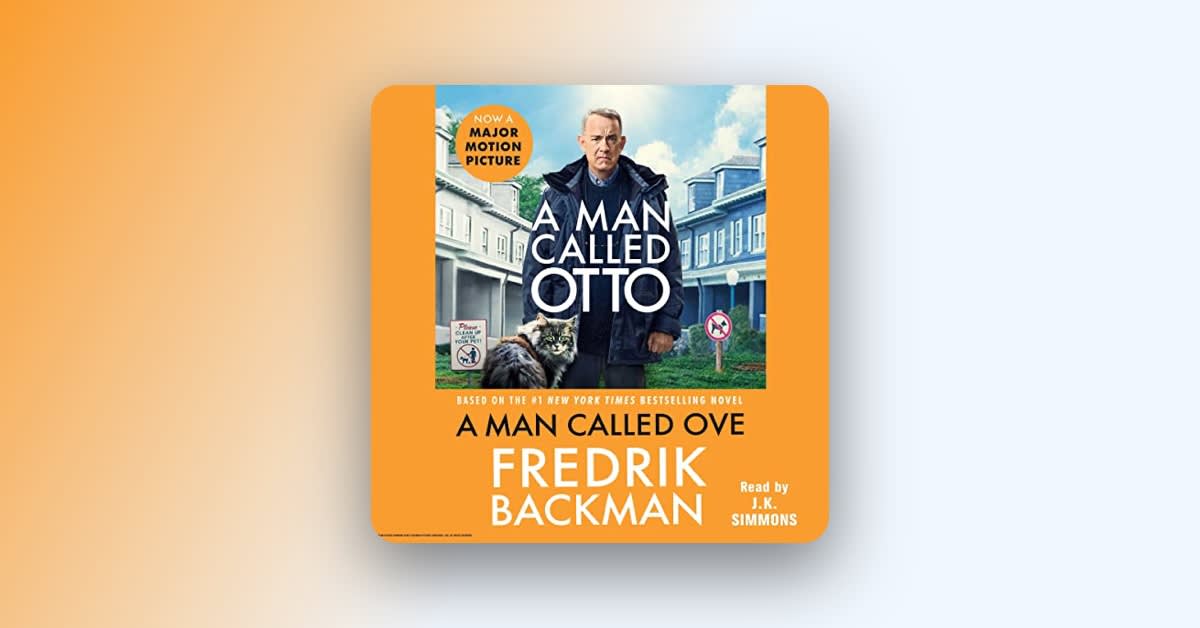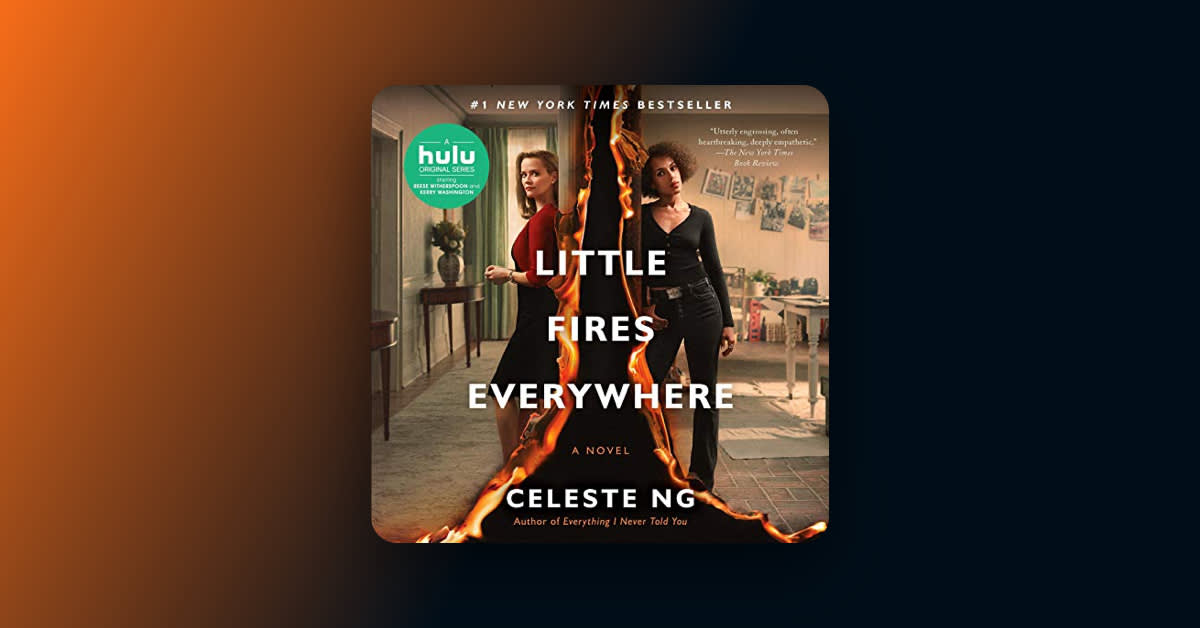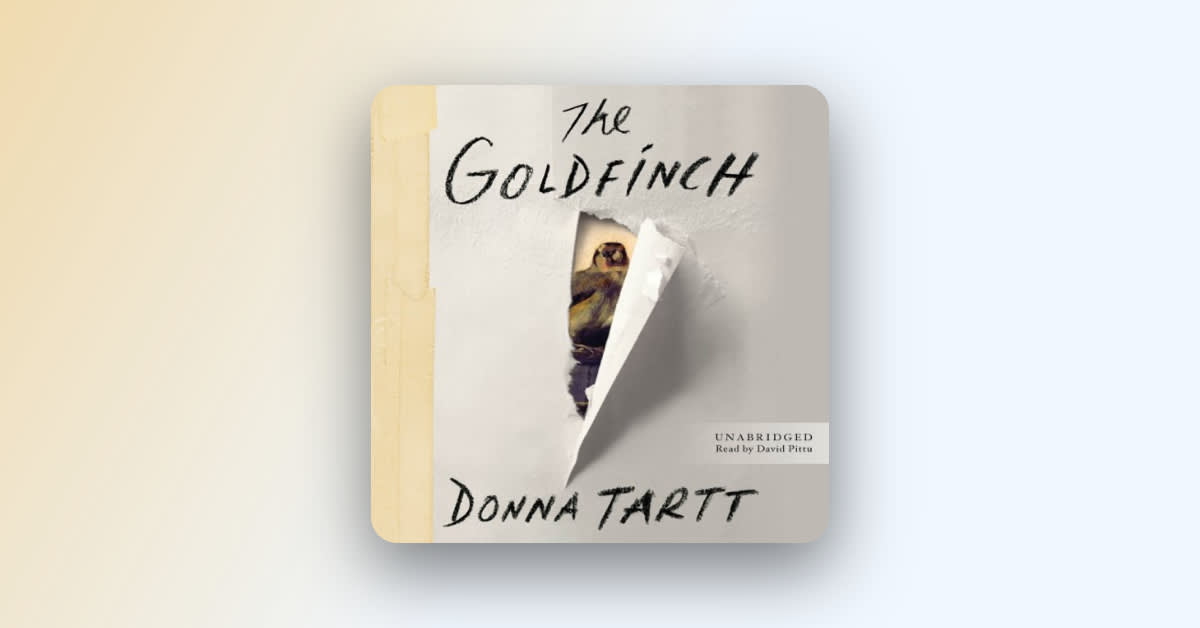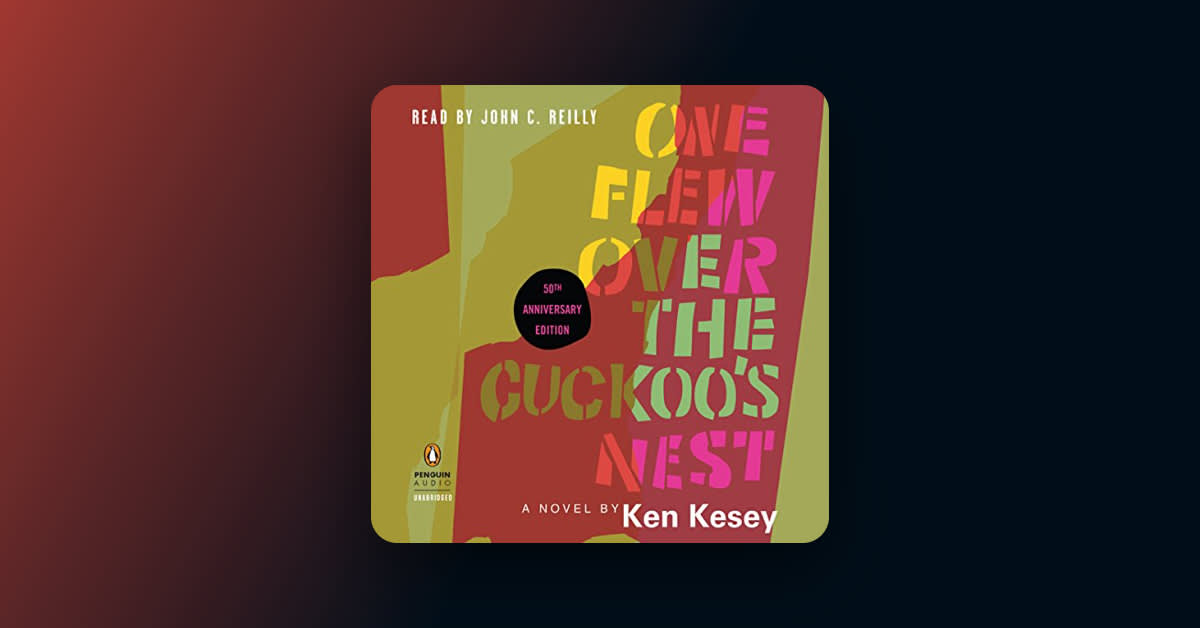Why it’s essential
Ove is the ultimate lovable curmudgeon, whose story is a must-listen for anyone with a heart. Performed with the perfect amount of gruff by J.K. Simmons.
Featured in .
What is A Man Called Ove about?
Set in Sweden, by is about a bitter, bereaved aging man who, thanks to freak twists of fate, the kindness of strangers, and the determination of his new neighbors, learns to embrace life again.
Editor’s review
Mysia is a book person who loves escaping into twisty mysteries and contemporary fiction driven by complicated characters.
A few summers ago, I was looking for an uplifting fiction listen and found —a story about a hapless bank robber who accidentally creates a hostage situation and becomes embraced by a bunch of quirky characters. Performed by the always outstanding Marin Ireland, it made me laugh and left me feeling hopeful about the basic goodness of people, even complete strangers in a strange circumstance. Several months later, when my book club picked A Man Called Ove, I was delighted and looked forward to reading another funny, feel-good book by Fredrik Backman. Though Anxious People marked my introduction to the talented Swedish novelist, Backman made his debut with Ove and wrote five other books, including the acclaimed , before crafting the bungled crime caper that captivated me. In Ove, I expected to meet more quirky characters and laugh at their antics—and it did not disappoint. But I wasn’t prepared for how the saga of A Man Called Ove would move me to tears, soften my heart towards the curmudgeons I know, and inspire me to try to be more tolerant of and kinder to cranky people.
When we first meet Ove, at age 59 in the midst of the exasperating endeavor of purchasing a computer, he comes across as an old fart. My first thought was, "Whoa! This guy’s not even 60, and he sounds at least 80." (My dad is 81, so I’m familiar with what a frustrated-by-technology 80-year-old man sounds like.) Set like concrete in his ways, Ove is a stickler for rules and has zero tolerance for fools, which, in his opinion, include pretty much everyone. He lives alone, he has no friends, and it’s not hard to understand why the people in his housing complex call him "the bitter neighbor from hell." Oh, and he wants to end his life. Ove is, to put it mildly, hard to like. So, why should anyone, including the reader, care about him? The answer is what makes this book quite wonderful and well worth your time. Over the course of the novel, Backman reveals Ove’s past piece by piece, and as we slowly get to know this cantankerous man, it’s impossible not to have sympathy for him. Avoiding spoilers, I’ll simply say that in his 59 years, Ove has endured hardship, isolation, and loneliness; been taken advantage of, taken for granted, and bullied; and suffered cruel and tragic losses. In fact, the more I learned about Ove’s life, the more I marveled at his resilience. I came to care about Ove through understanding what made him the way he is—forged by hard knocks and heartbreak, his grumpiness was grounded in grief. But isn’t simply the story of a pitiful geezer. I came to care about Ove on the strength of a character who makes it her mission to befriend him, whether he likes it or not—Parvaneh. We first meet Parvaneh, along with her laidback, lanky husband and their two chatty young daughters, when they move in next door to Ove and accidentally flatten his mailbox. She’s Iranian, an outspoken extrovert, and very pregnant—all qualities way out of Ove’s comfort zone. She sees something in Ove that makes her keep trying and pushing until she breaks Ove out of his shell. And when that happens, life changes in wonderful ways for not only Ove but also for Parvaneh and her family, for their complex’s residents, for a couple of teenage outcasts, and, last but far from least, for a scruffy cat whom Ove begrudgingly takes in. Parvaneh saves Ove from the grips of despair—and himself—by giving his life purpose. To my mind, she’s the novel’s heroine and true heart. In my book club, we had a lively discussion about what in the world drew Parvaneh to Ove and why she persisted when he kept shutting her out. I’m still a bit mystified—and amazed—by her. We also had a debate over the correct pronunciation of "Ove." For the answer, I turned to an expert narrator, as well as an outstanding character actor, J.K. Simmons. After I had read the paperback, I went back to listen to the audiobook, initially to hear the right way to say that Swedish name. But Simmons is so, so good—he nails Ove’s snarky remarks and Parvaneh’s brash upbeat attitude and all the hilarity, sadness, and surprises packed in the plot—that I wound up listening to the whole book, and laughing and crying, again. And it’s pronounced "oo-vuh."










